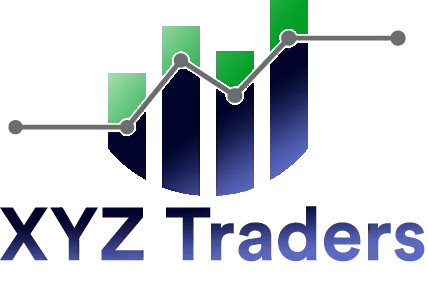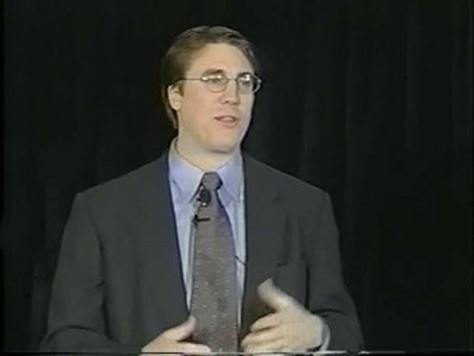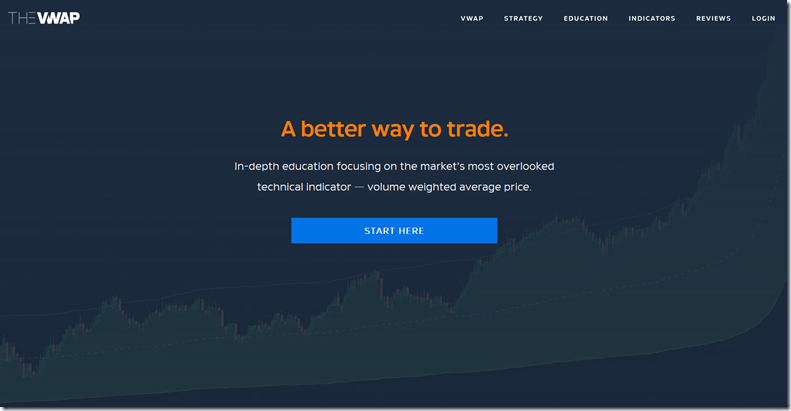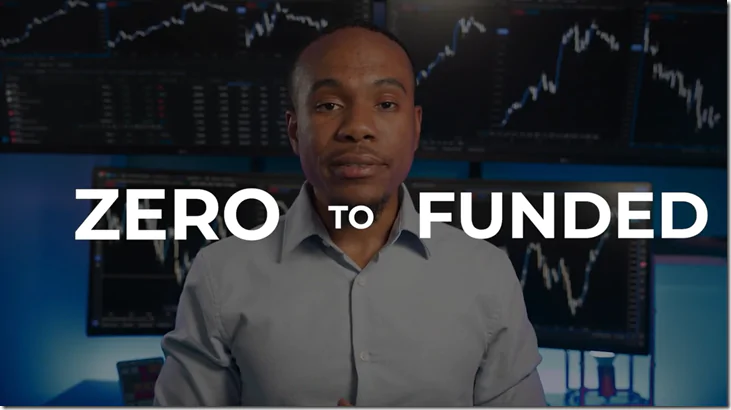Over the course of three days Chris demonstrates knowledge gained over years of modelling, testing and implementing different strategies. Many different approaches are covered and a plethora of sources are combined to concisely give the attendee the knowledge they need in each area – each page of the manuals provided is claimed to represent the sum of considerable reading and consolidation.
As is evident from the wealth of information presented, these seminars are not for the faint hearted. It is possible to attend any of the days in isolation and if you so require, buy the manuals for the other days. If you decide before the lunch break that the seminar is not for you, a refund is available upon handing in your manual – but there were very few empty seats throughout the course. It is also possible to retake a day you have already attended at a reduced rate, something which ought to be of interest to those who heed Chris’ advice – choose a system, then test it to verify your understanding. Indeed, there were traders there doing exactly this, having ‘paper traded’ for several months and now coming back to consolidate and verify their knowledge.
The first day of the course starts with the base from which you must build – determining your financial position, how much you should invest and in what types of plays. Essential for the beginner and a worthwhile check for the initiated – do you have enough security or conversely, are you playing it too safe?
From here, the course moves on to establish other essentials – charting software (and the PC specification you’ll need to run it) and choosing a broker. The pros and cons of different software is revealed, along with services you will need from any prospective broker (and questions you should be asking them). By the end of the first day, you will already know what to look for in a company (and screening sites to help you find them) as well as starting to learn charting as a means to knowing when to buy and sell.
There is probably something here for more advanced traders – unknown titbits of information on sources, software developments, broker news. Perhaps a useful refresher or introduction to the rest of the course. For the beginner, this is great – although the absolute beginner may find the preponderance of new terms overwhelming, so some experience may be desirable.
The second and third days build considerably on this introduction – more indicators are added to the equation, more patterns are revealed and combinations of all of these are deftly pointed out in example charts, using the recommended software. All the while, the audience are prompted for responses to what they see, with opportunities to point out patterns and indicators they have spotted. Questions were taken during the presentation, but often kept to a minimum to keep up the pace of the course, which by the second day was picking up considerably. Chris also took questions during breaks, but these were probably better fielded to two aides present at the course, who were more freely available.
The course culminated with live demonstrations, using the software previously demonstrated to make real time evaluations of both UK and US shares, as chosen by the audience. Chris revealed his current ‘watch list’ – not tips, but shares that he was monitoring at the time. The methods used by several success stories were also revealed.
In all, the course was very rewarding. As someone who already had some idea of fundamentals, but little idea about charting techniques, this should take my dealing to a new level. Although I would class myself more of an investor than a trader, this course has taught me tools for tackling what is a great dilemma for anyone dealing shares – when to buy and sell. Even if I do not trade so frequently, I feel reassured that I will make better decisions about when to get in to and out of stocks. Indeed, many of the techniques can be applied across varying investment vehicles (options are also covered) and across timescales – the course reveals tips for day traders as well as those holding shares for longer terms.
If there is one niggle about this course, it would be the predominantly US slant. However, as many of the resources will eventually make it to the UK and narrow the many discrepancies that act against the favour of UK traders, anyone who has attended this course will have a head start. They will already know the services they should demand of their brokers. They will also know about the software and sites available to evaluate both fundamentals and technicals and what to look for in each. For those interested in US investing, this course will be an invaluable source of information to get you started, or improve your current methods. Those in share clubs would do well to send a delegate, the two of us who attended the seminar are keen to bring the rest of our group up to speed!
Screenshots (Click to enlarge)
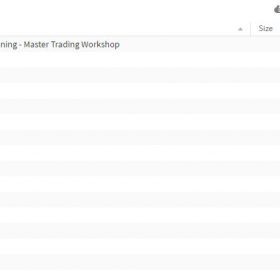 |
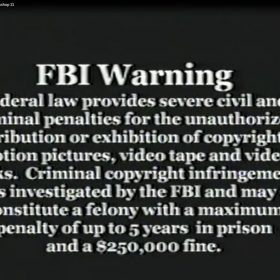 |
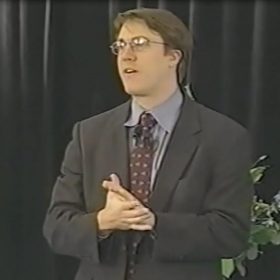 |
 |
Chris Manning – 3 Day Master Advanced Trading Seminar Contents: Videos
